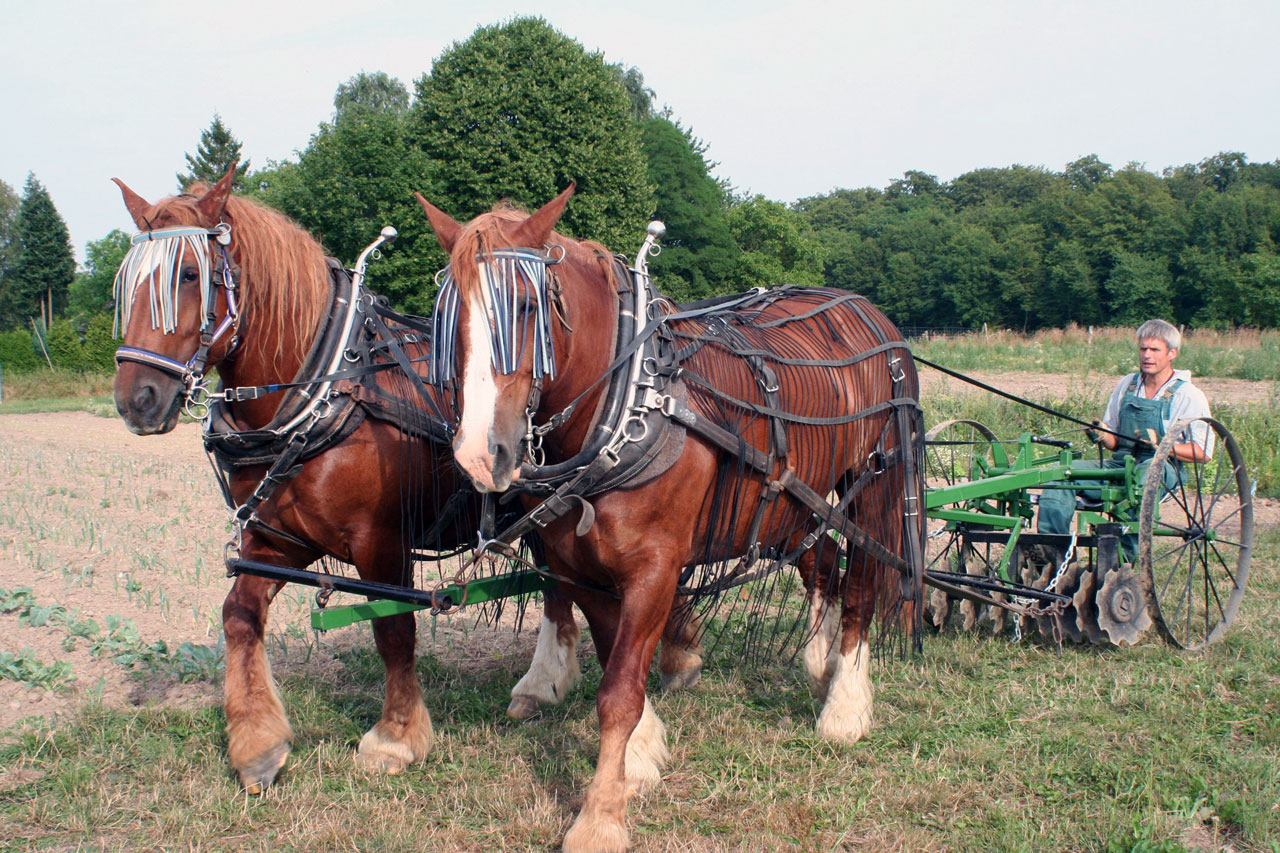The passing of the amateur.

If I consult this little pencilled in book of a shopping bill from a Mr. D. Lambert & Son, general store and victuals supplier of Towitta, for the fortnight in February 1936, I see that a packet of Yo-Yo biscuits was a mere 7 pence, and while the entire shopping for that bill was a total of 1/14/7 (one pound fourteen shillings and seven pence) there was deducted for 4 dozen eggs and 6 pounds of butter as barter for a total of 9 /6 pence taken off the bill….and then Mr. Lambert would continue on his way in his horse and sulky delivery wagon to the next family farm to repeat the procedure…a round trip he did once a fortnight to deliver the grocery list and pick up bartered exchanged produce. A congenial and fruitful arrangement of the times.
These casual trades between shop-keeper and households were common fare in the times…there is also record of an Indian dry-goods trader used to do the rounds, selling or trading cloth and haberdashery goods, staying at this or that farm for a day or so then moving on. Of course, many of us from the boomer generations remember the “milky” with his plodding horse drawn cart running from house to house with billy-can and scoop…the ice-man and baker…of course, who could forget Mr. Hahn, the green-grocer, parked up in the suburban side street with a clutch of housewives at the back of his truck while he proudly showed them his cluster of fine fresh chokos!
All this was done in the most amateurish manner, the local trader, the (mostly) women of the house, the common supply of goods and the casual chiaking between them all….I remember staying at my auntys in Sedan and her delivery of groceries from the local store included one single biscuit..”Oh look…that silly man…just because I wrote ; biscuits / one…instead of a packet he sends me one biscuit!…silly man!” …such were the frivolous back and forth of trading in those times.
The same could be said for the male side of the farm in the cropping and upkeep of animals and equipment. The farm blacksmith shop an integral component of farming practice, needed to repair or invent parts required for harness and wagon…sheds and homesteads…the entire structure, social and practical a continuity of the self-sufficient amateur application…local women as midwives…local apothecaries with their huge tomes of folk medicine and a head full of experience and old-wives tales and “cures” that must have cost as many lives as they saved..possibly an average equally contested by some modern medical practices and could compete with the traffic causalities of these times.
But what stands out most is the skilled amateurism of those times. The time-lapsed photographs for the post and beam “pioneer hut” to the cut-slab and thatch sheds of the first settlement to “The new house” bracketed the obvious faults of the DIY constructs of the first to prefer the hired trades to build the second…and it was the pause in between the original claiming of the property and the sweat and tears that built up the family fortune enough to bring in the tradesmen to make the growing family’s life more comfortable and life in general more liveable…for the burden of home life of the times fell solidly upon the shoulders of the women. Whilst on the farm, developments in agricultural machinery remained pretty static right up until the second world war…the cumbersome stump jump plough the major improvement while all else was structured for application to horse-drawn machinery and it’s risky use, for horses could be prone to fright and flight, taking chains, harness, equipment and handler on a wild unrestrained gallop across lumpy, ploughed paddocks and straight through fences toward the home stable…a most unsettling experience.
And it was about this time that with the advanced development of mechanical tractors that all this came to an abrupt end…and with that sudden killing off of a labour intensive era, was the decline of community connection, for the mechanic and his garage has become the “go-to” person for both fuel and expertise of machine maintenance. No more saddler, blacksmith/iron monger..no more farrier and horse doctor of even the exchange of local knowledge on animal husbandry and with the demise of intensive labour farming, went the families to the city or elsewhere and with them went the town choir, the town band, the town baker, bank, church and assorted community businesses, not to mention the sporting teams..and in the end in some cases, the town itself…for the once “family farm” being bulldozed and the property held in the portfolio of an Agri-corp absentee owner.
But by far the most damaging wreckage from this demise was the loss of the ethical creed associated with labour and its work…the mantra of : “Responsibility – Work – Reward “ …to be replaced by the capitalist cant of Debt, Chance, and Compound interest. For tooling-up for the demands of this new era of “Agri-corp” farming meant mortgaging the family farm and then the squeezing of the profit margins to compete within an open market of high-risk cropping…pre-sale of crops and borrowing to sow, to harvest even in some cases to just get their product to market…the final result ; collapse of family fortune, community structure and the town fabric itself.
Welcome to the new world of “professional consultants” and political influencers…high debt, high risk, low return, no future for the generational family farm.
Goodbye to the passing of the amateur.
Comments
Post a Comment